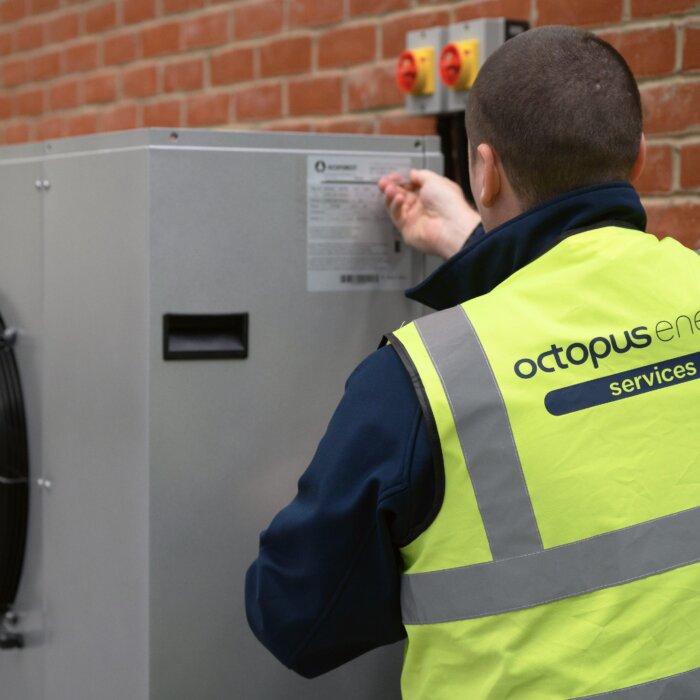Vauxhall owner Stellantis has announced plans to close the van-making factory in Luton, with the company saying the decision came amid the government’s “stringent” green targets.
Stellantis said on Tuesday that the plant, which makes light commercial vehicles and employs 1,120 people, will be closed in April 2025 as part of a move to consolidate its operations for making electric vehicles at their Ellesmere Port site in Cheshire.
The company said it launched a consultation with employees and union partners. If plans are approved, Stellantis will create hundreds of new permanent jobs in Cheshire for those staff who want to relocate.
It is set to invest £50 million into the Ellesmere Port site to create an all-electric hub, after already investing £100 million three years ago when it began its shift away from petrol and diesel vehicles. The Cheshire plant makes electric light commercial vehicles for several of Stellantis’s brands, including Vauxhall, Citroën, Peugeot, and Fiat.
Zero Emissions Vehicle Mandates
The announcement came a week after auto manufacturers met with ministers to discuss sales quotas for electric vehicles.Manufacturers were concerned that net zero mandates would put jobs at car factories at risk, with industry specialists also raising the issue of a lack of a national charging infrastructure.
Ford has already said it would cut 800 jobs across the country amid pressure from “lower-than-expected” consumer demand for their electric cars.
However, the new Labour government had committed to reversing the previous Conservative administration’s decision.
‘Devastate’ Car Industry
The SMMT provided a further update on the state of the electric car sector on Tuesday, warning that the current pace of enforced transition to electric vehicles would have a “devastating” impact on the industry and the viability of jobs.The group’s analysis found that weak market demand combined with the “need to fulfil ever-rising sales quotas” will cost the industry £6 billion this year.
They also cited the high price of raw materials and energy prices, as well as geopolitical tensions and economic uncertainty.
On Wednesday, Business Secretary Jonathan Reynolds made a statement in the House of Commons on the planned closure of the Vauxhall plant, saying the announcement was a “dark day for Luton.”
Reynolds said that since it was made aware of the plans in July, it had done everything it could to prevent the closure, but ultimately it was a business decision Stellantis made in response to wider challenges in the sector.
The minister said he has asked the company to “urgently share their full plans with us and to work with the government so that every single worker who is impacted receives the support they deserve.”
Decarbonisation Through Deindustrialisation
The proposed closure of the Luton Vauxhall plant comes amid other closures and restructures in the coal, steel, and oil industries across the UK, as businesses try to adapt to the government’s commitment to meet net zero emissions by 2050.However, 2,800 jobs are still at risk at the plant.
Gary Smith, leader of the GMB union, criticised the Port Talbot plans, saying: “We really have to stop this decarbonisation through de-industrialisation. Serving up P45s to working-class people, hollowing out working-class communities, is not the way to decarbonise this country.”







